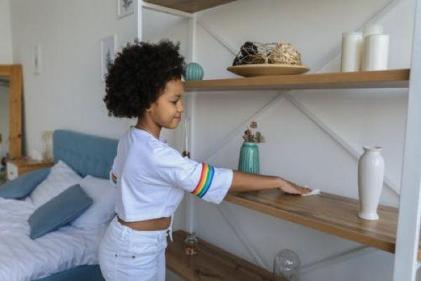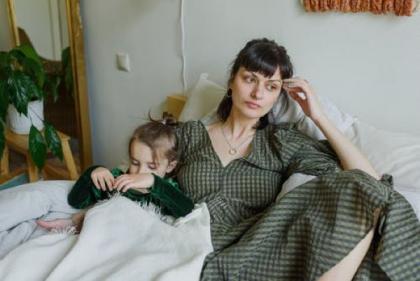Losing his first tooth is a big milestone in your child’s life. After all, it takes about six years between when your child is born and when the first baby or ‘milk’ tooth is lost.
When your child first notices a loose tooth, he may have mixed emotions. He may be excited, and wiggle it, or anxiously await the visit from the tooth fairy, or he might be worried that it will hurt when it does fall out.
The good news is that in most cases, a tooth falling out doesn’t hurt at all – so you can reassure your child that it won’t be painful!
Your child will probably lose his ‘baby’ teeth in the same order that they appeared in. So you can expect the lower teeth in the centre to be the first to fall out, followed by the upper teeth and so on. Typically, this won’t happen until the adult tooth is ready to come in, but it can happen anytime between the ages of four and seven years old.
If your child’s teeth came in early, they will probably fall out early, but it is also possible that your child could reach seven or eight years old without having lost a tooth. Although this is normal, it’s best to have a dentist perform an x-ray to make sure.
If your child loses a tooth early, either due to accident or dental disease, then your dentist may fit your child with a plastic spacer. This helps to keep the teeth in their correct alignment, and prevent any problems in future.
When your child notices a tooth that is loose, encourage him to gently wiggle it. However, remind him not to pull it out until its ready to come out, as this can cause pain, and can lead to infection of the root.
Like teething, this can be a painful process, particularly where the back teeth are concerned. If your child does complain of pain, it’s okay to give him a dose of paracetamol or ibuprofen.
Your child’s new teeth will be larger than their baby teeth, and ridged – that’s because they have yet to be used for biting and chewing. They will also be less white than your child’s baby teeth, and although they usually only come in when the baby tooth has fallen out, they may come in before then, resulting in a condition known as shark’s teeth. That is normal and temporary.
Make sure that your child practices good dental hygiene, and keep supervising tooth brushing. By the time your child is 12 or 13 years old, he should have lost the last of his baby teeth, and should have what’s known as the ’12 year molars.’
When your child first notices a loose tooth, he may have mixed emotions. He may be excited, and wiggle it, or anxiously await the visit from the tooth fairy, or he might be worried that it will hurt when it does fall out.
The good news is that in most cases, a tooth falling out doesn’t hurt at all – so you can reassure your child that it won’t be painful!
Your child will probably lose his ‘baby’ teeth in the same order that they appeared in. So you can expect the lower teeth in the centre to be the first to fall out, followed by the upper teeth and so on. Typically, this won’t happen until the adult tooth is ready to come in, but it can happen anytime between the ages of four and seven years old.
If your child’s teeth came in early, they will probably fall out early, but it is also possible that your child could reach seven or eight years old without having lost a tooth. Although this is normal, it’s best to have a dentist perform an x-ray to make sure.
If your child loses a tooth early, either due to accident or dental disease, then your dentist may fit your child with a plastic spacer. This helps to keep the teeth in their correct alignment, and prevent any problems in future.
When your child notices a tooth that is loose, encourage him to gently wiggle it. However, remind him not to pull it out until its ready to come out, as this can cause pain, and can lead to infection of the root.
Like teething, this can be a painful process, particularly where the back teeth are concerned. If your child does complain of pain, it’s okay to give him a dose of paracetamol or ibuprofen.
Your child’s new teeth will be larger than their baby teeth, and ridged – that’s because they have yet to be used for biting and chewing. They will also be less white than your child’s baby teeth, and although they usually only come in when the baby tooth has fallen out, they may come in before then, resulting in a condition known as shark’s teeth. That is normal and temporary.
Make sure that your child practices good dental hygiene, and keep supervising tooth brushing. By the time your child is 12 or 13 years old, he should have lost the last of his baby teeth, and should have what’s known as the ’12 year molars.’



